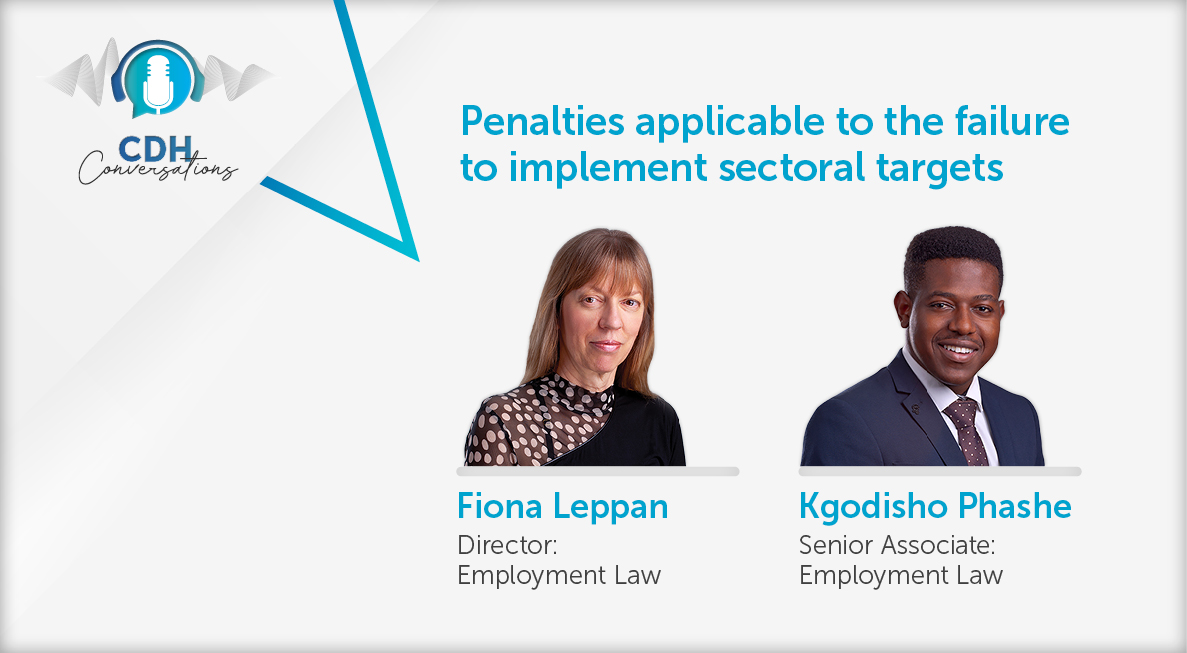Is "Big Brother" still watching?
In Amabhungane Centre for Investigative Journalism NPC & Another v Minister of Justice and Correctional Services and Others (25978-2017), the investigative journalism organisation went head-to-head with various state departments after state surveillance operatives intercepted journalist Sam Sole’s communications, while investigating the National Prosecuting Authority’s decision to drop corruption charges against former President Jacob Zuma. The court was tasked with carefully scrutinising the legislation governing interception of communications, focusing mainly on the Regulation of Interception of Communications and Provision of Communication-Related Information Act, No 70 of 2002 (RICA).
RICA envisages two forms of intrusion into a person’s communications: Firstly, a real-time interception of communications, which communications are recorded and then stored at statutory interception centres, and secondly, the interception of past communications, that telecommunication service providers are obliged to retain for three years. RICA’s aim and scheme is to protect privacy of communications, subject to certain exceptions relating to serious crimes or threats to national security. These exceptions were essentially created for law enforcement officers and security officials in the execution of their duties. Officialscan make application for permission to intercept a person’s communications, without the person’s knowledge – in fact, notification is expressly forbidden.
In the Amabhungane matter, the court considered the effect of RICA’s authorisation of interceptions on the Constitution’s s14 privacy rights, s16(1) rights to freedom of expression and of the media, s34 rights of access to a court, and s35(5) rights to a fair trial.
The court assessed, inter alia, the following challenges alleging the unconstitutionality of RICA:
1. The absence of a right of notice to a person who has been surveilled, of such surveillance;
2. The alleged shortcomings in the RICA model of safeguards concerning custody and management of information gathered by surveillance; and
3. The alleged shortcomings in the RICA model of safeguards to effectively preserve legal privilege in respect of lawyers and their clients and to preserve the confidentiality of the sources of investigative journalists.
Absence of the right to notice
Section 16(7)(a) of RICA forbids any disclosure to the subject of surveillance. The absence of the right to notice means that subjects of surveillance who have wrongly had their privacy violated, have no opportunity to institute action in a court to seek relief in respect of the alleged abuse, thereby infringing the right of access to courts (s34 of the Constitution). The court had to consider whether there is a cogent case for perpetual secrecy of the surveillance which outweighs the s34 right read with s14, or whether the surveilled person has a right to receive notice. The court considered foreign law and found that in other democratic societies, there was post surveillance notice given after the surveillance had occurred. The court held that the illustration of the right to notice in other jurisdictions demonstrates that world opinion has embraced this right as a fact of a democratic social order.
The court held that this post surveillance notification –
“serves to ameliorate the intrusions into the privacy of persons because it affords redress by a court, if an abuse occurs”.
Certain provisions in RICA were declared unconstitutional in that these provisions failed to prescribe procedure for notifying the subject of the interception. In order to cure the defect, the judge ordered that the applicant who obtained the interception direction shall, barring exceptional circumstances, within 90 days of its expiry, notify in writing, the person who was the subject of interception. This is important, as persons will now be able to exercise their right to access the courts and seek constitutional damages if an improper intrusion of the person’s privacy rights occurred.
Management, usage and accessibility controls, and integrity-oversight model
The court found particular issue with the fact that erasure of surplus data and relevant data, once it has been legitimately used in order to inhibit subsequent abuse, is not addressed at all in RICA. This means that intercepted information can effectively be kept in perpetuity. This also means that the intercepted data could potentially be used at a later date for a different purpose – to your detriment. Further issues not addressed in RICA were protocols to prevent abuse in copying the data and preventing access to the data by persons who have no reason to view the information.
The court accordingly found that s35 and s36 of RICA are inconsistent with the Constitution in that these provisions fail to prescribe proper procedures to be followed when state officials are examining, copying, sharing, sorting through, using, destroying and/or storing data obtained from interceptions.
Protection of legal privilege and journalists’ confidential sources
The point of departure is that both lawyers and journalists have duties to preserve the confidentiality of communications from clients or secret sources, respectively. The question which the judge had to consider was whether access to lawyers’ and journalists’ confidential communications must be prevented.
The court emphasised the importance of confidentiality in the context of a client-attorney relationship, stressing that such confidentiality is fundamental to the right to a fair trial. The court further highlighted that if a lawyer is targeted for surveillance, there may be privileged communications intercepted in relation to persons in whom the state has no interest, but whose confidential communication would nonetheless be revealed. Legal privilege is a guarantee that all clients expect and demand, and a compromise on this front was a serious intrusion on the realm of one’s personal sphere, which RICA failed to recognise.
Similarly, secret sources give their information to journalists in confidence, believing that their identity will not be exposed. The court held that –
“the point is the journalist’s right to have the fact of a communication kept secret on the premise that the valuable social role played by a journalist is compromised if that secrecy cannot be preserved”
The court found s16(5), s17(4), s19(4), s21(4)(a) and s22(4)(b) of RICA inconsistent with the constitution to the extent that these provisions fail to expressly address the circumstances where a subject of surveillance is either a practising lawyer or a journalist. Pending the enactment of legislation to cure the defect, the court ordered that where an order is sought against a journalist or practising legal practitioner, the applicant must disclose and draw the judge’s attention to this fact and the judge will only grant the order if they are satisfied that the order is necessary and appropriate. The judge may also impose such further limitations or conditions as he considers necessary.
Only certain provisions of RICA have been declared unconstitutional, so yes,Big Brother is still watching. However, persons’ privacy rights have been bolstered in that proper procedures will now apply for management of stored data and its subsequent destruction, and people have a right of recourse if their privacy rights have been infringed. Furthermore, sources to journalists and clients of attorneys can find some comfort in the fact that it will now be more challenging to obtain an interception direction against these persons, which will enhance clients’ and sources’ privacy rights.
The information and material published on this website is provided for general purposes only and does not constitute legal advice. We make every effort to ensure that the content is updated regularly and to offer the most current and accurate information. Please consult one of our lawyers on any specific legal problem or matter. We accept no responsibility for any loss or damage, whether direct or consequential, which may arise from reliance on the information contained in these pages. Please refer to our full terms and conditions. Copyright © 2026 Cliffe Dekker Hofmeyr. All rights reserved. For permission to reproduce an article or publication, please contact us cliffedekkerhofmeyr@cdhlegal.com.
Subscribe
We support our clients’ strategic and operational needs by offering innovative, integrated and high quality thought leadership. To stay up to date on the latest legal developments that may potentially impact your business, subscribe to our alerts, seminar and webinar invitations.
Subscribe




